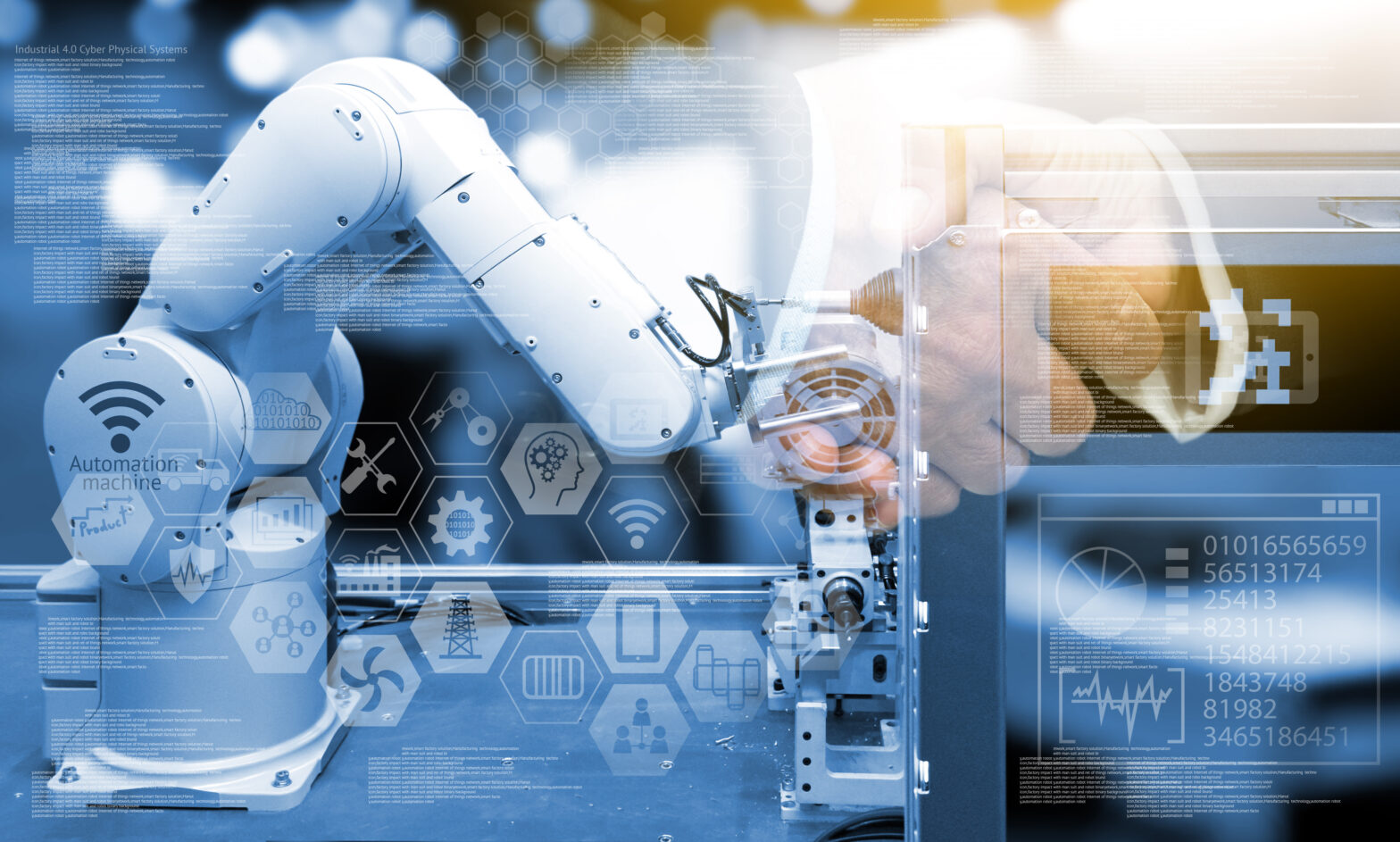At Proto Labs, we have witnessed accelerated development of IOT devices through manufacturing automation. For example, modern software technology is colliding with physical manufacturing, which, in-turn, is making low-volume production economical and fast.
Advances in automation and digital manufacturing processes, such as developments in 3D printing, CNC machining and injection moulding technology, are part of an ongoing transformation within the industry. To thrive, today’s manufacturers need to embrace new techniques, develop new strategic partnerships, and continually update their processes and production methods—which digital technology enables.
Many traditional high-volume manufacturing companies have already embraced automation by automating their back-end systems with robotics, pick-n-place machines, and many other technologies. But, for companies with low volume production runs or a need for prototypes, their finances may not be suited to such a large capital investment.
What are the real advantages of using technology and automation for small businesses?
For manufacturers whose requirements fall under the ‘high-volume’ production bracket (100,000+), you’ll find companies such as Proto Labs providing digital manufacturing services to support low-volume production requirements. These services fall at an affordable price point, with short lead times and fast delivery.
Outsourcing production to a digital manufacturing service provider is the ideal setup for small- to medium-sized businesses with projects and product designs that require multiple iterations, testing and updates. By utilising digital manufacturing, small businesses eliminate the need to invest in prototyping or production equipment.
Advancements in automation and technology also save small businesses money as well as time. By helping get products to market both quickly and cost-effectively, it benefits not only designers and manufacturers, but also their investors – and, ultimately, their customers.
Are jobs are set to be lost to robots and how do we overcome that?
By using robots and automation, manufacturers will be able to increase efficiency, productivity and quality, especially for large volume operations. However, some fear these new technologies will threaten human roles. Conversely, there is a well-documented shortage of skilled workers in the manufacturing industry.
In theory, these concerns should balance each other out! The reality is that the manufacturing industry is constantly evolving at all job levels: it is evident from viewing factory floors that an increasing number of employees are working on computerised consoles than on production machines.
The manufacturing revolution we are experiencing requires highly skilled workers to drive it forward; the best engineers and designers, armed with the best possible STEM (science, technology, engineering and mathematics) qualifications.
Only by investing in and encouraging the next generation of talent can we help the industry to digitally transform the modern factory floor with the enhanced technology that we now have at our disposal.
By dusting off the image of the industry and providing dedicated career options and access to tailor-made technical training for the next generation, skills shortages can be addressed while optimising production through automation.
How can businesses approach automation in their workplace?
With evolving technical capabilities, more automated tasks—carried out by robots—are likely to be introduced on factory floors. Simultaneously, and to compliment the rising use of automation, new roles will be created.
For example, skilled IT experts will be required to program the robots! As the technology evolves, so must the workforce. The challenge to maintain job satisfaction for employees goes beyond the technology they are working with. Any company facing a demotivated workforce must address the situation based on the relevant facts.
As advances in automation are already part of an ongoing transformation within the manufacturing industry, it much be recognised that these improvements are delivering positive results for manufacturers and businesses (and therefore the end-customer) worldwide.
Furthermore, recent technological developments have provided some manufacturers with the versatility to continually reimagine their processes and production methods and face the challenges of the future.
Damian Hennessey is commercial director at Proto Labs





